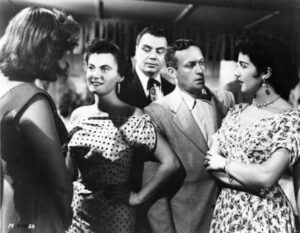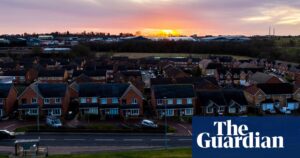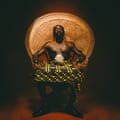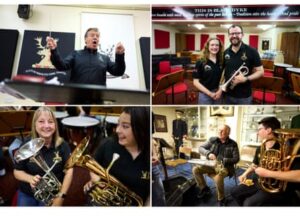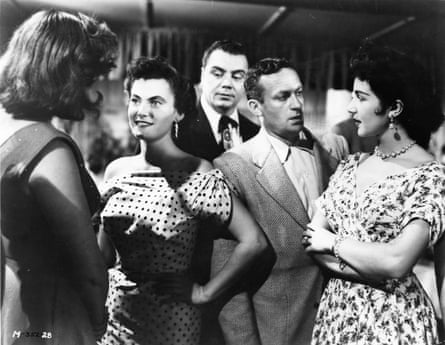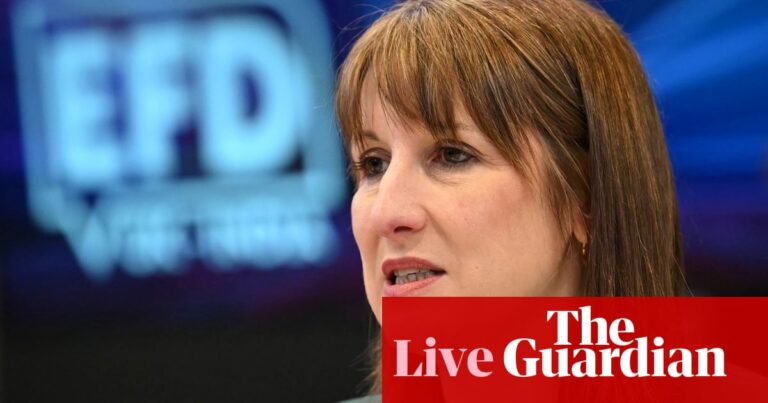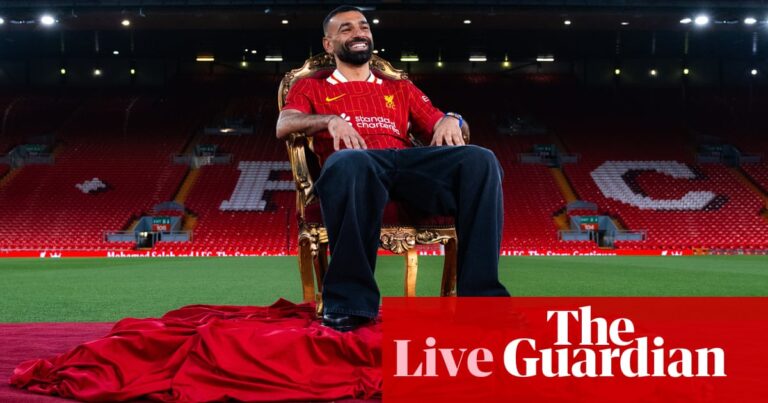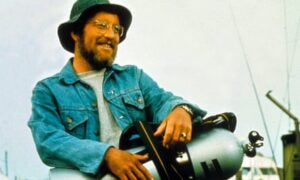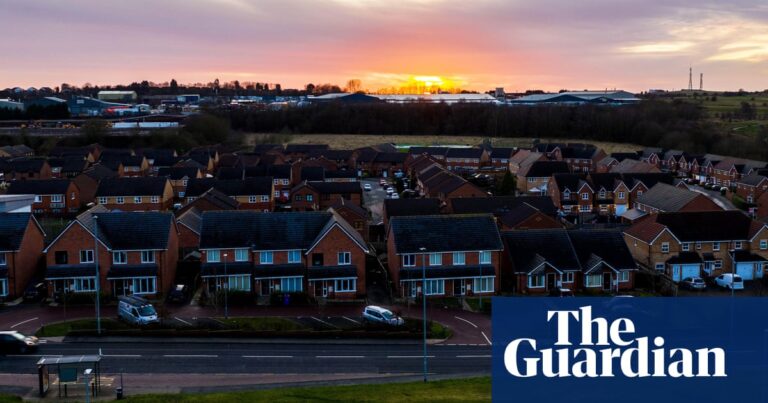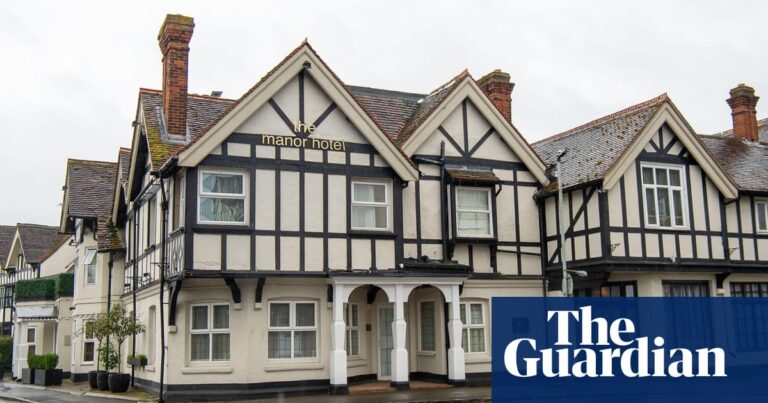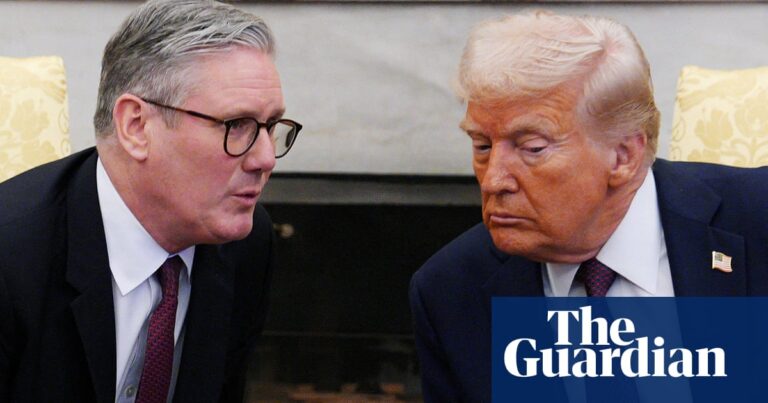Carlos Niño’s calm baritone echoes through the space of his Topanga, California, home, and when filtered through my internet connection and iPhone speaker, it begins to feel like a transmission from the outer reaches. He speaks in unhurried, spiralling paragraphs as if untangling a knot, pulling overlapping ideas free from one another, and his music – a graceful, glowing combination of glimmering ambient, dreamy hip-hop beats and experimental jazz – unspools in the same way.
Having co-produced André 3000’s debut, hosted the LA radio show Spaceways Radio for nearly 16 years and worked on dozens of solo and collaborative records, Niño’s Wikipedia page has him down as “music producer, percussionist, performer, arranger, composer, musician, programmer, radio host, DJ, music consultant, poet and event organiser”. He, though, refers to himself as a communicator, his ultimate aim “to create sound in a way that might make people open up to their life and depth”.
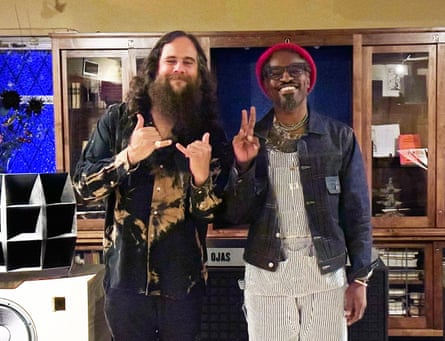
Niño’s been facilitating these journeys into what he calls “the eternal depths” for almost 30 years now, starting as a teenage radio DJ before his first music arrived in 1997: “I was not a trained musician, but I was always totally oriented in music,” he says. Now, Niño is primarily a percussionist, though he doesn’t necessarily play a timekeeping role. He clarifies he’s more interested in creating a “ringing” – textures that stimulate the pineal gland and expand dimensions. “I’m going to have a lot of bells; a lot of metals, plants, wood, wind. I’m gonna open it up like it’s a little forest,” he says.
Niño was among the founding members of Dublab, a non-profit Los Angeles radio station that first nurtured local experimental music before expanding its reach globally; under the tutelage of LA beat scene luminary Daedelus, Niño learned Pro Tools, which helped him develop his now-prolific recording practice. Though you’ll find his name listed in the credits of a vast array of projects, his primary focus for the past decade-plus is Carlos Niño & Friends, a collective with a rotating cast of players that includes Surya Botofasina, Nate Mercereau, Laraaji, Sam Gendel and the late New Age great Iasos.
It’s the “& Friends” part that is key to Niño’s musical philosophy. These are all people he’s keen to share his life with, and vice versa; that mutual affection comes across strongly in their shimmering symphonies. “Collaboration is about comparing notes,” he says, pausing thoughtfully to choose the right words. “It’s exciting and kind of lifts up the field, expanding it, electrifying it. Sharing in solitary moments, but together – having an empathic celebration. It can be very quiet, or it can be very big and swelling and intense. All of that is beautiful to me.” Niño exudes that uncynical astral perspective that feels so endemic to California; he considers his friends and collaborators family, a connection that doesn’t necessarily connote blood, but “time, or most importantly, spirit”.
Much of the process of making New Blue Sun, André 3000’s first foray into meditative instrumental music, “was [helping] André tune in to what was the most meaningful to him and why,” Niño explains. To do so, Niño says he’d “[keep] inviting more and more musicians to play with us, creating different configurations”, including on tour, where more than 30 guests joined a core quintet. André “just kept being up for continuing to discover, to be vulnerable and open”. The pair trusted their instincts, too: “Five of the eight pieces [on New Blue Sun] happened almost immediately,” Niño says, astonishment in his voice.
Niño always has an extensive cache of songs waiting for a home, and when it becomes time to put a new album together, he combs through this trove, looking for common themes. “As pieces get finished, I speak with them, and they speak with me about where they’re going to fit best,” he says. He likens sequencing an LP to putting together a radio show or DJ set, telling a story – but “not necessarily a linear story”. Placenta, the newest Carlos Niño & Friends collection, came together around the birth of his son, Moss, 24 years after the arrival of his first child Azul. In conceptualising the album, he wanted to create something honouring birth and birth workers, showing reverence for “the fascinating way we get here”.
“Placenta was the title, the symbol of the whole inspiration,” Niño says. He realised that pneumatic instruments – like the accordion that floats through Placenta, Nourishment, New Home, The Galaxy, or the harmonica that blooms near the end of Carla’s Beads – were vital to the album’s creation, just as the placenta, the organ that provides oxygen and nutrients to a baby in utero, is vital to human life. Thematic song titles like Generous Pelvis and Love to All Doulas! appeared organically throughout the final edits and mixing. While Placenta marks a new chapter in fatherhood, to Niño it’s more about his deep respect for motherhood. “How much can you really open up to what she’s going through and the journey they’re on together?” he asks. “It doesn’t mean you’re not involved, but what they do is incredibly special and magical.”
Niño speaks with a palpable sense of wonder, describing making music with others as synonymous with living – all about presence, connection, getting to know someone by tuning into the same frequencies. “We’re here to have these experiences,” he says emphatically. “To be open to living, and to not withdraw, but to actually engage – that’s kind of the point to me.”
Source: theguardian.com


